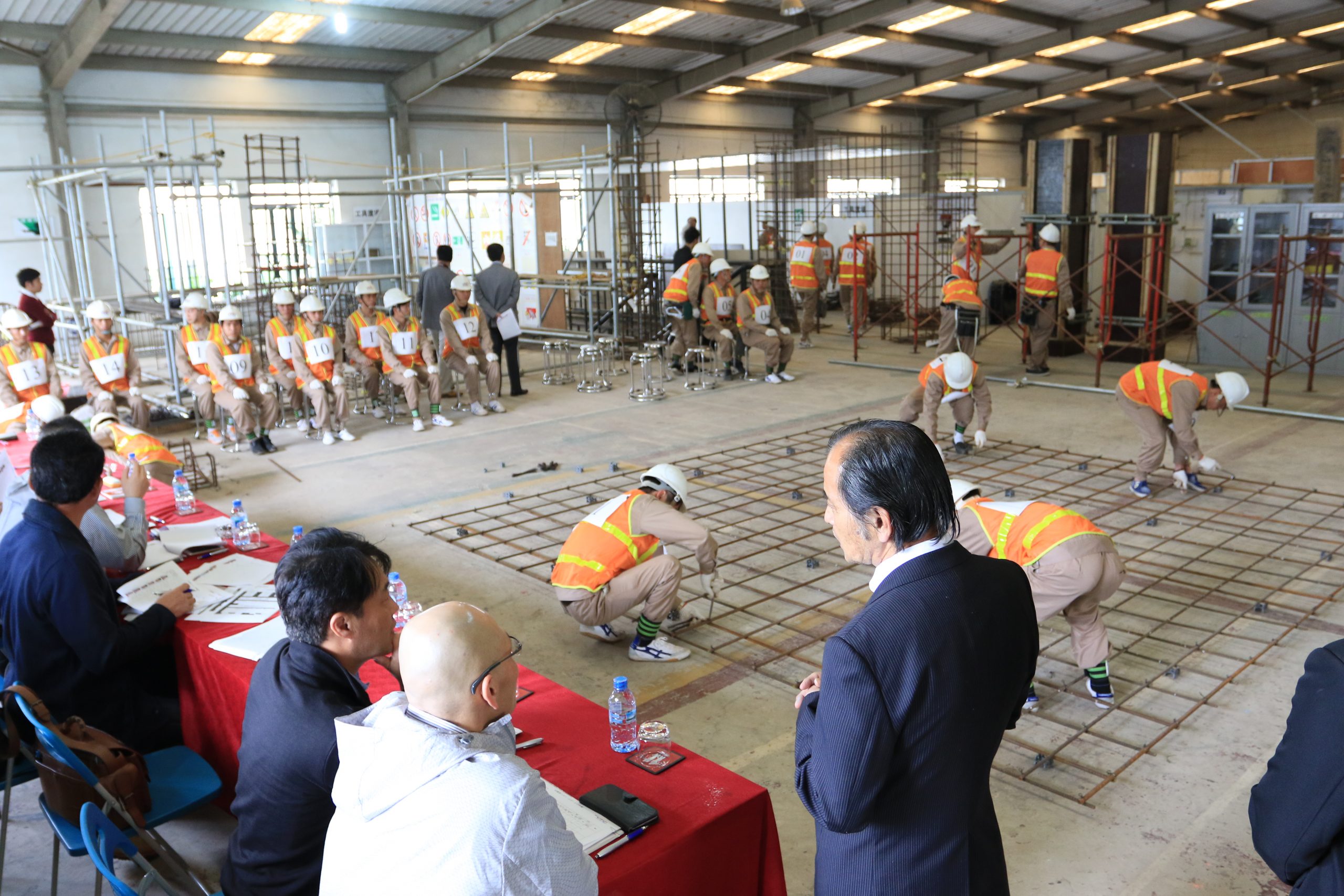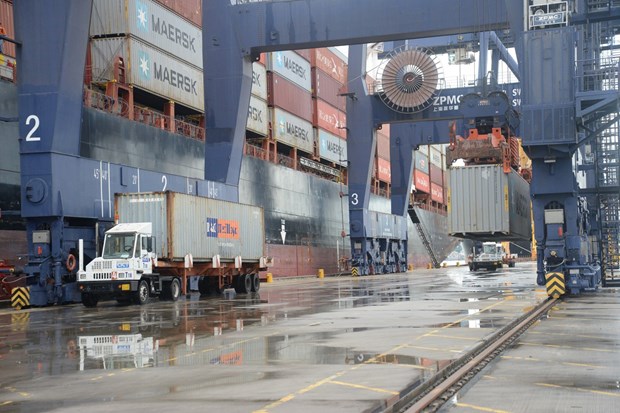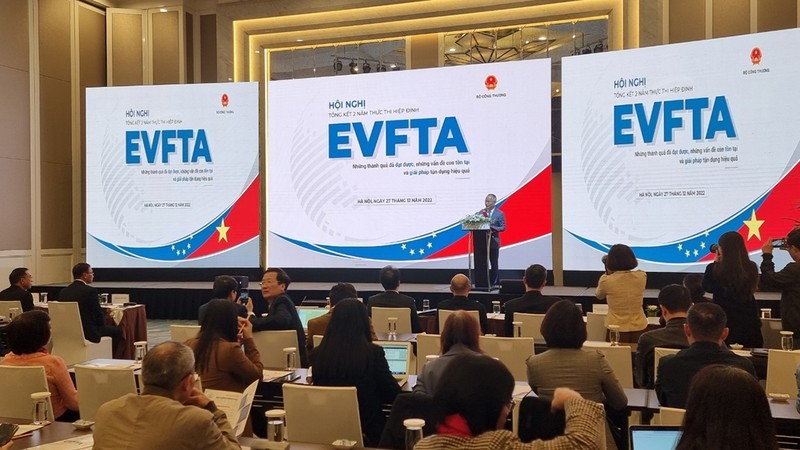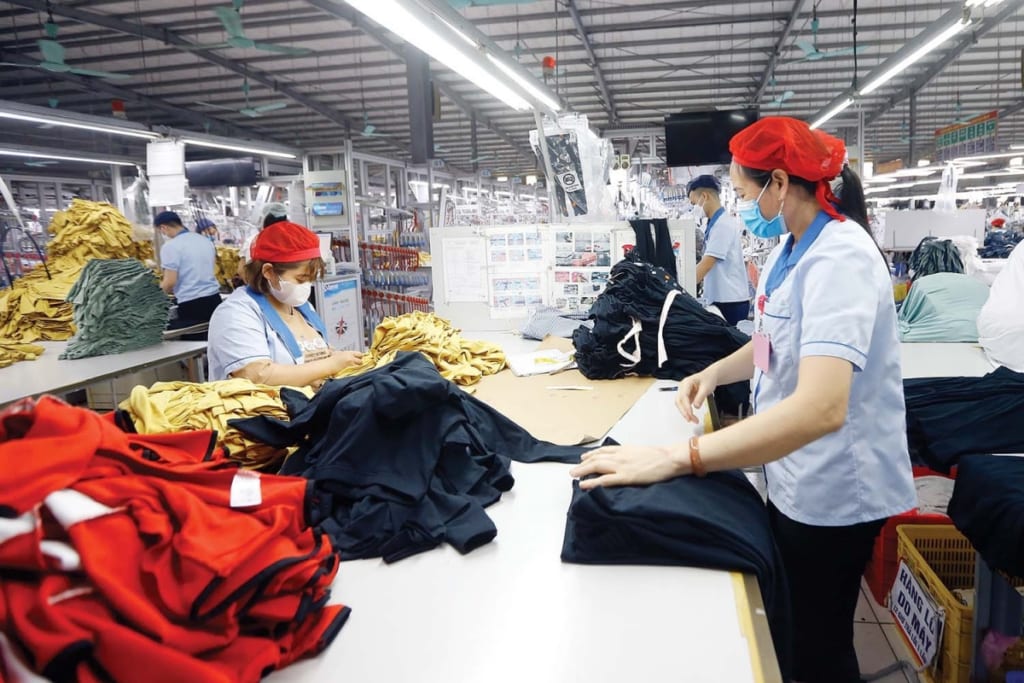
As businesses around the world strive to remain competitive in an ever-changing global market, the demand for skilled and cost-effective manpower has become increasingly vital. One country that has emerged as a significant player in meeting this demand is Vietnam. With its abundant supply of talented and adaptable workers, Vietnam has become a go-to destination for companies seeking to fill their manpower needs. In this article, we will explore the growth, benefits, challenges, and future prospects of Vietnamese manpower.
1. Introduction to Vietnamese Manpower
Vietnamese manpower refers to the workforce available in Vietnam, which includes individuals with various skill sets, ranging from technical expertise to language proficiency. Over the years, Vietnam has established itself as an attractive destination for businesses seeking high-quality workers at competitive rates.
2. The Growth of the Vietnamese Manpower Industry
The Vietnamese manpower industry has experienced significant growth in recent years. This growth can be attributed to several factors, such as the country’s economic development, increased foreign investment, and the government’s focus on improving the education and training system. As a result, Vietnam has witnessed a surge in the number of skilled workers across different sectors.
3. Reasons Behind the Popularity of Vietnamese Workers
3.1 Highly Skilled Workforce
Vietnamese workers are renowned for their skills and dedication. The country has invested heavily in education and vocational training, producing a talented workforce equipped with the necessary technical expertise. Vietnamese workers are known for their ability to quickly adapt to new technologies and work environments.
3.2 Competitive Labor Costs
One of the primary reasons why businesses opt for Vietnamese manpower is the competitive labor costs. Compared to many other countries, the wages in Vietnam are relatively lower, making it an attractive option for companies looking to reduce their operational expenses without compromising on the quality of work.
3.3 Cultural Adaptability
Vietnamese workers possess a remarkable ability to adapt to different cultures and work environments. They are known for their strong work ethics, discipline, and willingness to learn. This cultural adaptability makes Vietnamese workers highly sought after, particularly in industries with diverse workforces.
4. Industries Benefiting from Vietnamese Manpower
4.1 Manufacturing and Textile Industry
The manufacturing and textile industry is one of the key sectors benefiting from Vietnamese manpower. With its skilled workforce, Vietnam has become a manufacturing hub for various industries, including electronics, garments, and footwear. The country’s workers excel in tasks that require precision, attention to detail, and manual dexterity.
4.2 Information Technology
Vietnamese IT professionals have gained recognition globally for their technical proficiency and problem-solving abilities. Many multinational companies have set up their IT centers in Vietnam, leveraging the country’s skilled software developers, programmers, and engineers. The IT industry in Vietnam is experiencing exponential growth, fueled by a supportive ecosystem and the availability of qualified talent.
4.3 Construction and Engineering
Vietnamese engineers and construction professionals have contributed significantly to infrastructure development projects both within the country and overseas. Their expertise in areas such as civil engineering, architecture, and project management has made them valuable assets in the construction industry. Vietnamese workers are known for their meticulousness and ability to handle complex projects.
5. Challenges and Opportunities in Hiring Vietnamese Workers
While Vietnamese manpower offers numerous advantages, there are also certain challenges and considerations that businesses need to be aware of.
5.1 Language Barrier
The language barrier can pose a challenge, especially in industries where effective communication is crucial. English proficiency levels among Vietnamese workers vary, and it is essential for companies to assess the language skills of potential employees to ensure smooth collaboration and minimize misunderstandings.
5.2 Work Permit and Visa Requirements
For businesses hiring Vietnamese workers from overseas, navigating the work permit and visa requirements can be complex. It is crucial to understand and comply with the legal procedures and regulations involved to avoid any legal complications.
5.3 Cultural Differences and Communication
Cultural differences, although not insurmountable, can impact work dynamics. Understanding and appreciating the cultural nuances of Vietnamese workers can foster better communication, teamwork, and overall work satisfaction.
6. Government Initiatives to Enhance Vietnamese Manpower
Recognizing the significance of Vietnamese manpower, the government has implemented various initiatives to enhance the skills and employability of its workforce. These initiatives include investment in education and vocational training, promotion of entrepreneurship, and collaboration with foreign partners to facilitate knowledge transfer.
7. The Future of Vietnamese Manpower
The future of Vietnamese manpower looks promising. As Vietnam continues to strengthen its education and training system and attract foreign investments, the pool of skilled workers will expand further. The country’s strategic geographical location and its growing network of international trade agreements also position it favorably to meet the global demand for skilled labor.
8. Conclusion
Vietnamese manpower has emerged as a valuable resource for businesses seeking skilled and adaptable workers. The country’s highly skilled workforce, competitive labor costs, and cultural adaptability make it an attractive destination for industries ranging from manufacturing and IT to construction and engineering. While challenges such as the language barrier and cultural differences exist, businesses can overcome them by leveraging the potential of Vietnamese workers and fostering effective communication and collaboration.
9. FAQs
Q1: What makes Vietnamese manpower stand out in the global market?
Vietnamese manpower stands out due to its highly skilled workforce, competitive labor costs, and cultural adaptability. These factors make Vietnamese workers attractive to businesses in various industries.
Q2: How does the language barrier impact hiring Vietnamese workers?
The language barrier can pose challenges in industries where effective communication is essential. However, many Vietnamese workers have adequate English language skills, and businesses can assess the language proficiency of potential employees to ensure smooth collaboration.
Q3: Are there government incentives for businesses hiring Vietnamese manpower?
While there may not be direct incentives for hiring Vietnamese manpower, the government has implemented initiatives to enhance the skills and employability of the Vietnamese workforce, making it more attractive for businesses.
Q4: Which industries benefit the most from Vietnamese manpower?
Industries such as manufacturing and textiles, information technology, and construction and engineering benefit significantly from Vietnamese manpower due to the country’s skilled workforce in these areas.
Q5: What is the future outlook for Vietnamese manpower?
The future of Vietnamese manpower looks promising, with ongoing investments in education and training, increasing foreign investments, and a growing network of international trade agreements. Vietnam is well-positioned to meet the global demand for skilled labor.
Follow our channel for more updated news of Vietnamese labour market



